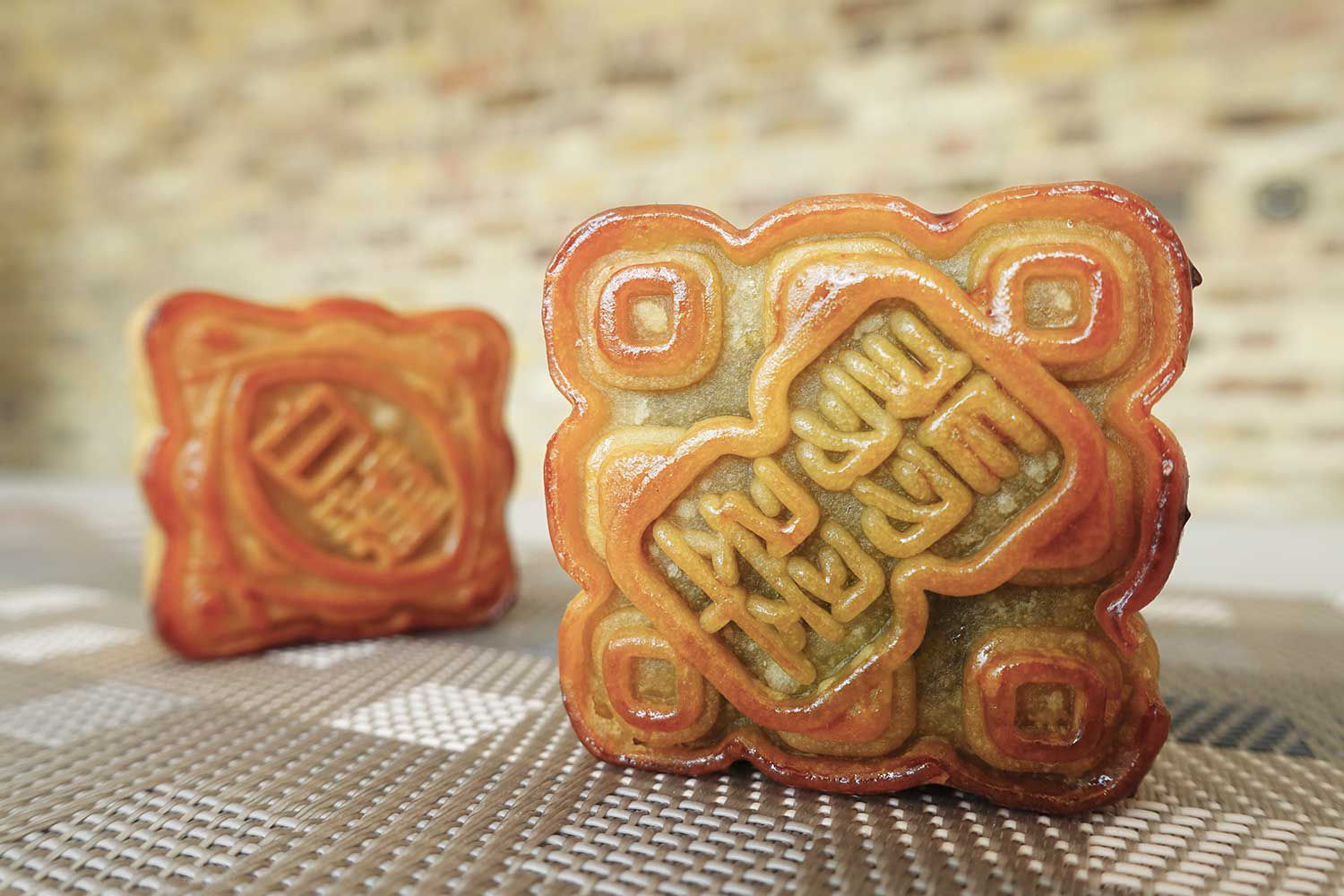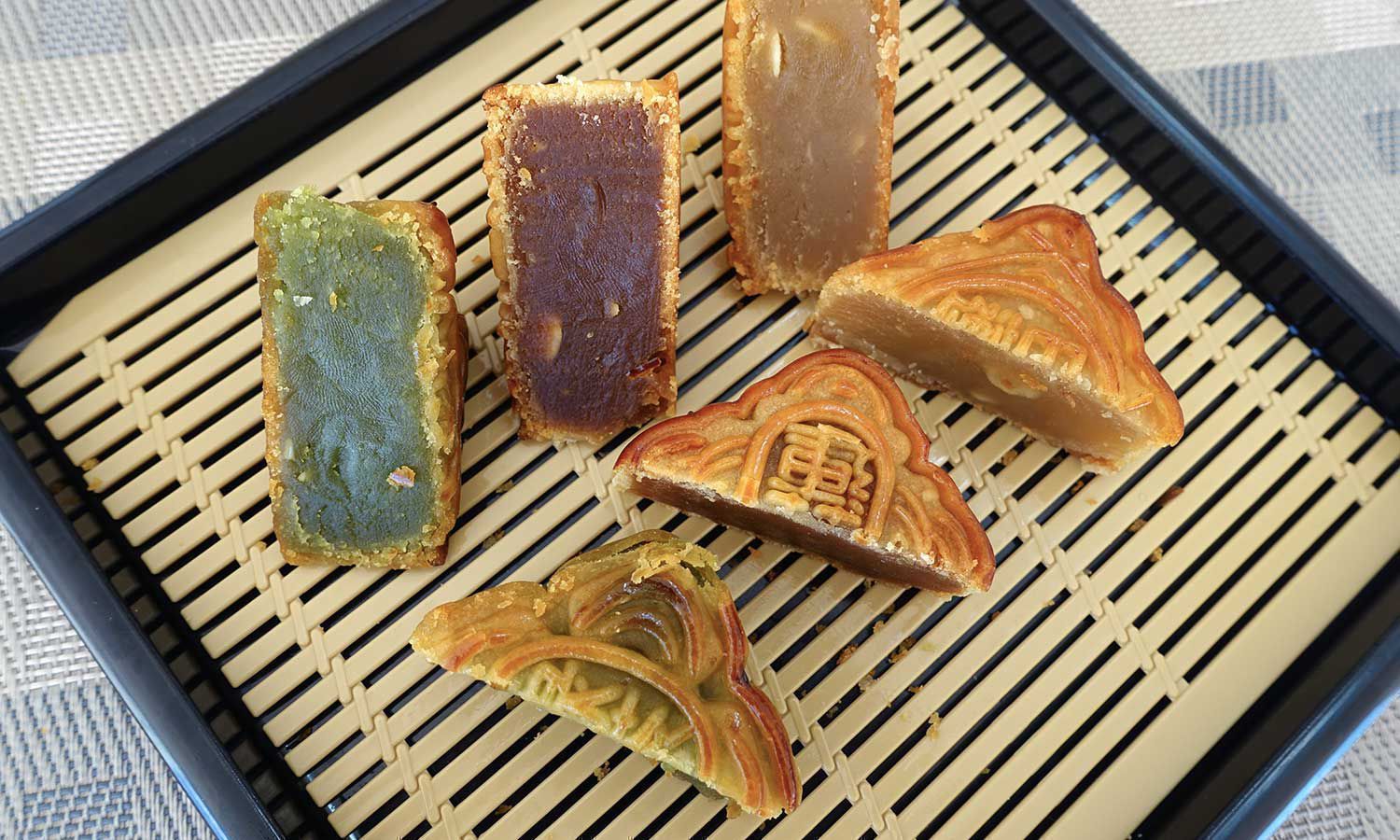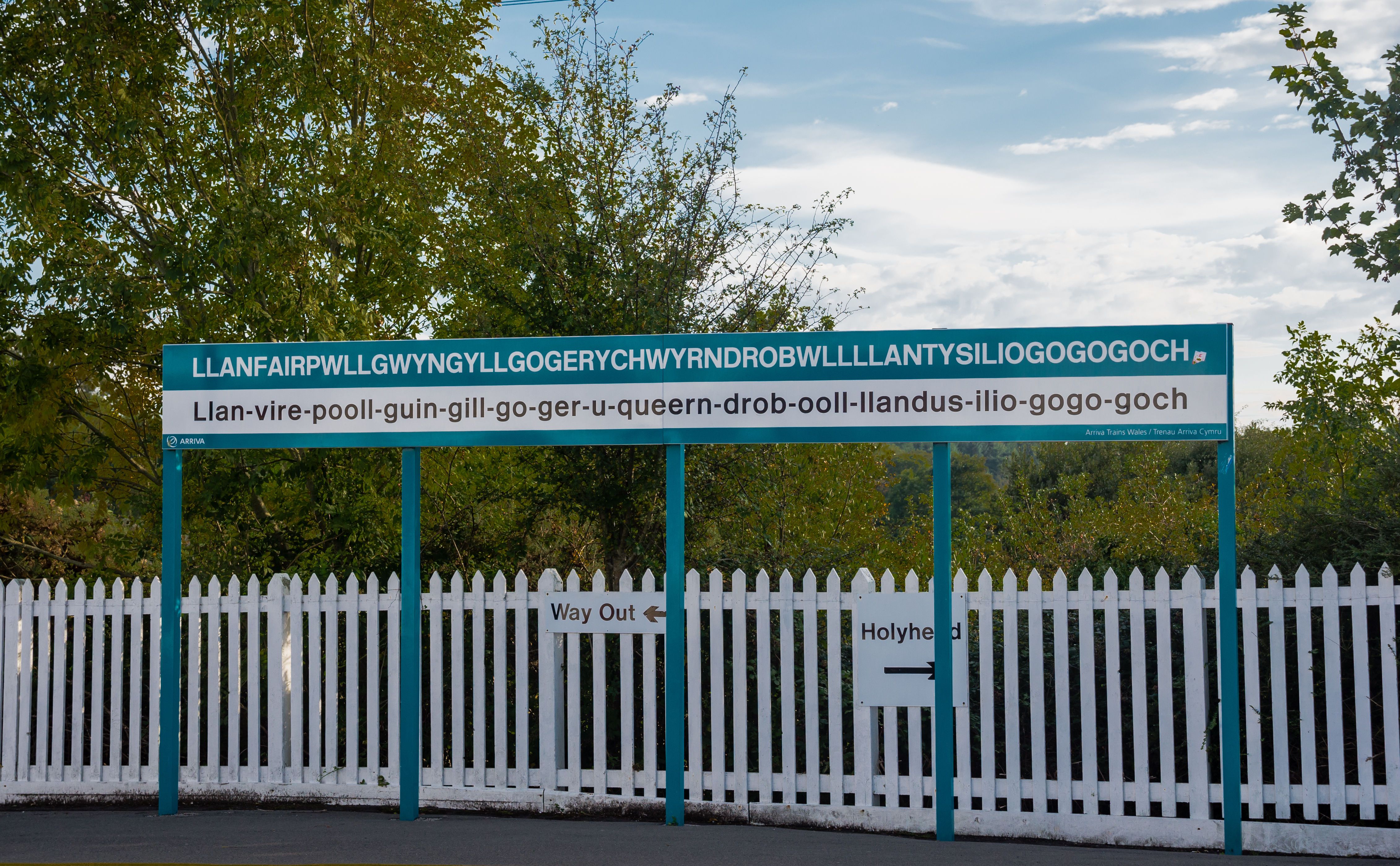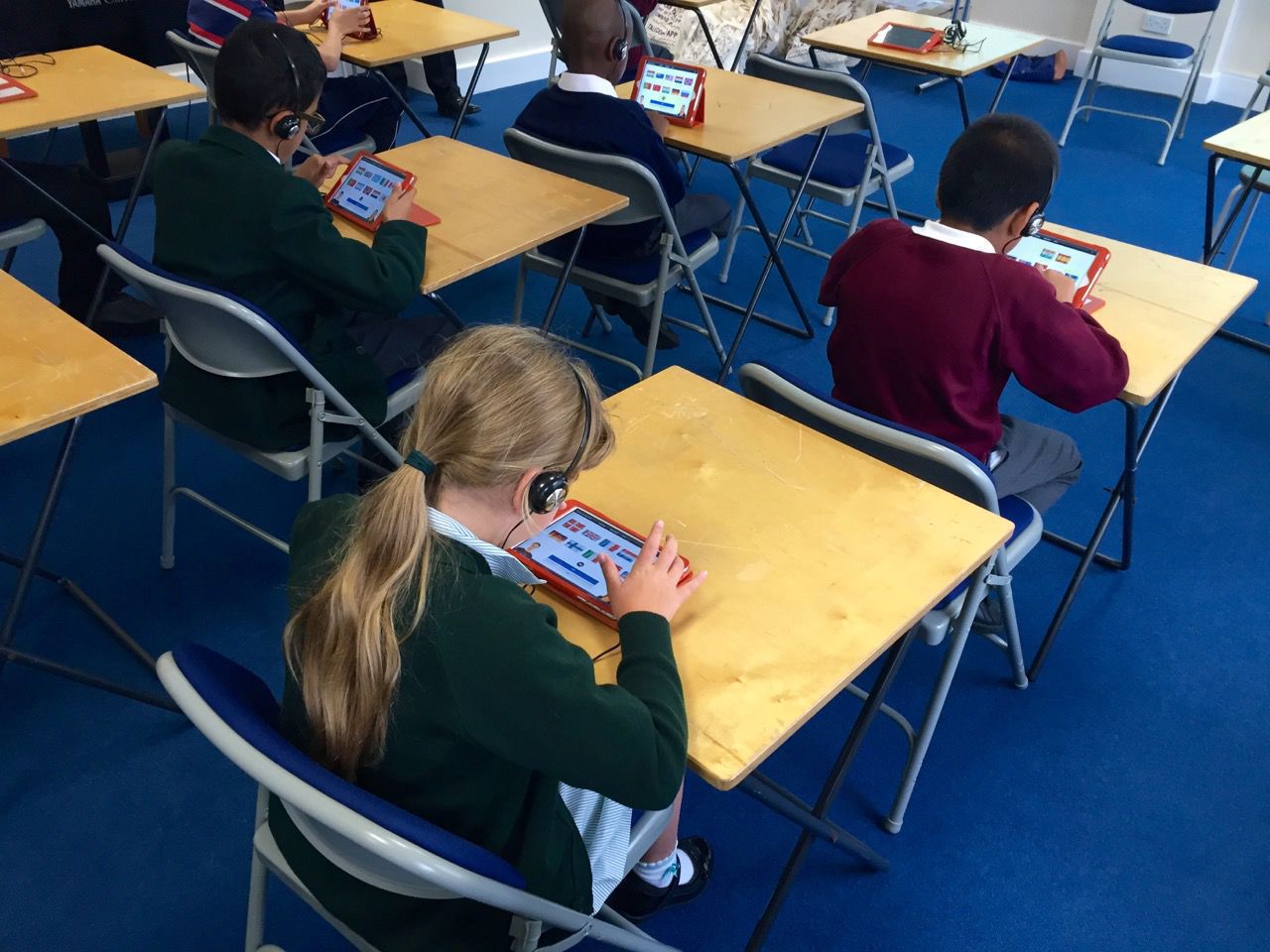Learn Chinese? No problem for our Junior Language Challenge semi-finalists!
As a EuroTalk newbie, I had no idea what to expect when it came to the Junior Language Challenge. I have heard a lot of stories (all good, I promise) over the last couple of months on what to expect at the semi-finals. We did a few practice rounds here at the EuroTalk office and I thought we had all done pretty well at getting the hang of Chinese, considering how hard the body game was! However, after the first round at my first semi-final, I realised that we were actually all pretty awful.
For those of you who are also new to the Junior Language Challenge, it is an annual competition for children who are under 11 years old. It runs from March until October, where the final is held at Language Show Live, London Olympia. Over this period, the children participating learn three languages. This year we chose Portuguese, Chinese and Arabic, three very different and difficult languages to learn. However, the children did not appear to struggle at all; the scores were amazing across all the semi-finals, with children regularly scoring top marks in the games.
There was a lovely atmosphere at the semi-finals I visited, and both hosting schools were fantastic at making everyone feel welcome (as well as providing us EuroTalkers with a fabulous lunch). The children, teachers and the parents were clearly buzzing with excitement and nerves. Every child put 100% effort into the games, even in the rounds which they made clear were not their favourites!
Even though it’s a competition, it was clear to see there were no hard feelings between the children. All were delighted to receive a goodie bag and a medal, and were eager to find out the final language. The whole thing was organised brilliantly by our marketing manager Liz, and couldn’t have happened without the support of all the schools, pupils, parents and teachers involved; so we thank you all for this! You have also helped us to raise nearly £6,000 for onebillion, who aim to bring education to some of the world’s poorest countries by developing apps. These apps are in the children’s native language and help them to learn maths, English and how to read. This money will help to continue onebillion’s amazing work in Malawi and change the lives of so many children.
The JLC is far from over yet! With the final less than 3 weeks away, on October 16th, the children now have the tough job of learning Arabic for their third language. The 33 finalists will go head to head at London Olympia, for the title of Junior Language Challenge champion 2015, in what promises to be a nail-biting competition. The winner will be going on a family holiday to Africa and we wish everyone taking part in the final the best of luck!
Are you coming to Language Show Live this year? If so, please do come up to seminar room 3 on Friday morning to watch the JLC final – everyone’s welcome!
Alex
EuroTalkers try… Chinese Mooncakes
Every year on the 15th day of the 8th month of the Chinese lunar calendar, millions of ethnic Chinese celebrate the Mid-Autumn Festival (中秋節, pinyin: Zhōngqiū Jié) around the world. This year it falls on 27th September, but you’ll find that festivities are held throughout the month. It is thought to originate from ancient times when people would worship the Mountain Gods after the harvest was complete.

Today, the festival is celebrated not only to honour the moon and the rewards of the harvest, but to gather with friends and family in a celebration of unity and harmony. One of the traditions (and for me the most exciting part of the festival) includes the making and sharing of mooncakes (月餅, pinyin: yuè bĭng). I absolutely loved eating mooncakes growing up and couldn’t believe how many types and flavours you can get now on my recent trip back to Singapore & Malaysia.

These little beauties are a type of pastry commonly filled with lotus bean paste (蓮蓉, pinyin: lían róng). You’ll also often find ones that contain a salted egg yolk which represents the full moon.
It’s not really a flavour/texture that I’ve found anywhere in Western food culture, so I decided that I would ‘subject’ my colleagues to a bit of a mooncake tasting session. With 4 flavours to choose from namely green tea, pandan, red lotus and white lotus, who would be able to resist these sweet delights? I definitely wasn’t secretly hoping that no one would like them… just so there would be more left for me! Check out the video below to see their reactions!
Are you a mooncake fan or a mooncake newbie? Either way we wish you a very happy and mooncake filled Mid-Autumn Festival! 中秋快乐! Zhōngqiū kuàilè!
Safia

Is it possible to forget your native language?
I recently came back from a week long vacation in my home country, Romania. While there, I noticed something very interesting that I’m sure you’ll find as fascinating as I did.
I’ve been living in London for more than two years now and on a daily basis I only speak English. Well, I am currently learning my boyfriend’s language, Spanish, but that’s not really relevant for now. I do text and chat to my Romanian friends and my parents, and we sometimes speak on the phone, but 90% of the time I speak and think in English. Except when I have to count something in my head, that’s still Romanian – happens to you too?
 So anyway, when I went back I obviously sat and talked and went out with friends and family, and so I noticed that in longer conversation I was having trouble using complex words and expressions and that I was often translating my thoughts from English to Romanian. In that way, I found myself asking in a café if I can have some brown sugar – but in Romanian the expression is actually ‘can you give me some brown sugar’, so I got some weird looks and then realised how silly it sounded.
So anyway, when I went back I obviously sat and talked and went out with friends and family, and so I noticed that in longer conversation I was having trouble using complex words and expressions and that I was often translating my thoughts from English to Romanian. In that way, I found myself asking in a café if I can have some brown sugar – but in Romanian the expression is actually ‘can you give me some brown sugar’, so I got some weird looks and then realised how silly it sounded.
The way I see it is that the brain seems to keep the information and skills that you use on a daily basis ‘at the surface’ and puts the rest in a back drawer. So the longer the time is that you do not think about something, the further back it goes. And so we forget the surnames of the people we went to school with and whose names we were able to say alphabetically by heart at the time, we forget about that awful blind date we went on a few years ago, we forget what a certain place that we used to see every day looks like.
Now I understand a bit better why daily practice makes such a difference when learning something new, be it a language, a software program or playing a new instrument. Keeping the knowledge fresh in your brain allows easier access to it and so you’ll find it extremely handy when faced with the opportunity of using it.
If you are determined to learn a new language, even just 15-20 minutes a day can make a huge difference, especially if you’ve found a fun way to learn. Our uTalk app helps you practise your new language, it’s fun and it trains your memory to remember what it learned. And it has 128 languages to choose from!
Do you find you’re forgetting your native language? I hope I’m not the only one!
Ioana
How do you say Llanfairpwll…?
Everyone was blown away the other day when Liam Dutton managed to effortlessly pronounce the longest ever Welsh place name on live TV: Llanfairpwllgwyngyllgogerychwyrndrobwllllantysiliogogogoch.
Anything he can do…
I don’t know about you, but here at the EuroTalk office we enjoy a healthy challenge, and this looked like just the sort of thing to get our teeth into! For all those of you who’ve seen our video… Okay, maybe it didn’t go exactly according to plan, and didn’t sound entirely as fluent as Liam Dutton’s version, not to mention that our varying collections of vaguely Welsh-sounding syllables probably didn’t mean anything at all in Welsh, let alone bore a resemblance to the actual meaning of the word, which is (take a breath): ‘Saint Mary’s Church in the hollow of the white hazel near a rapid whirlpool and the Church of St. Tysilio of the red cave’.
Still, practice makes perfect, and this was just our first time. If anyone would like to try to do it better than us (which is probably not too much to ask), why not enter out competition to win a FREE Premium Welsh uTalk app. We’ll be picking the winner based on the creativity of the video, and your attempt to pronounce the word. To enter, tweet us @EuroTalk, post it on our Facebook page or email it to challenge@eurotalk.com by Friday 25th September.
So how should we have pronounced it?
To make it slightly easier, here’s a few pointers we used as to how to pronounce it:
1. It helps to break the word down into bite-sized chunks: Llan – fair – pwll – gwyn – gyll – go – ger – ych – wyrn – drob – wll – llan – ty – silio – go – go – goch
2. Some of the letters have different pronunciation in Welsh to how you would say them in English. For example:
- the ‘f’ in ‘fair’ is pronounced more like a ‘v’, to make ‘vire’
- the ‘y’ in ‘gwyn’ i pronounced more like an ‘i’, to make ‘gwin’
- the ‘w’ in ‘pwll’ is more of an ‘oo’, to make ‘pooll’ AND
- the ‘ll’ in ‘pwll’ is more of an aspirated l (keep the tip of your tongue on the roof of your mouth as you say ‘l’, then blow the air over the top and sides of your tongue)
- the ‘ch’ in ‘goch’ is the same as in the Scottish ‘loch’
Taking that all into account, you end up with something which to English speakers looks a bit more like this:
Chlan- vire- puchl- gwin- guchl- go- ger- uch- wirn- drob- uchl- chlan- ti- silio- go- go -goch
So now that you know it, why not have a go at recording it yourself?
Nat
The Day I Met The Queen
On September 9th 2015 the Queen became Britain’s longest serving monarch – and I like to think she shares this reputation with me, as I am the longest serving employee of EuroTalk, having joined at the very beginning in the days when our only product was an interactive version of “Asterix the Gaul”.
My work here has even led me to her Majesty herself. In 2002 EuroTalk won the Queen’s Award for Enterprise and Innovation for the second time, so we were invited to send a deputation of three to Buckingham Palace to meet her. I was one of the three, along with Dick Howeson (our Chairman) and Peter Shoomakov, now Manager of the Production Department. It was also the very first day of the Congestion Charge in London, so after much discussion and aggravation we finally arrived by hired car, feeling very hot and bothered – not to mention worried about any protocol needing to be followed.
There were about 100 or so others and we were treated to a glass of wine and canapés before the Master of Ceremonies introduced us one by one. We had to form a line and present our invitation card to the MC, who handed it, with an introduction, to Her Majesty. She shook my hand and asked me what line of business EuroTalk is in, before handing it to Prince Philip for a further handshake.
I was impressed by the quality and youthfulness of the Queen’s skin. She looked so young and tiny against Prince Philip, who hadn’t aged quite so well.
When I started my reign at EuroTalk, because I could write shorthand, I was employed as secretary and personal assistant to Dick Howeson, our Chairman – a lovely man to work for. In addition to normal business life, he and I together showed our product at exhibitions, put the discs in jewel cases, added a small booklet at the front and a separate illustrated sheet at the back – an extremely fiddly job, I might add, which ended in very sore thumbs!
Since then I’ve created “bug reports”, done technical support, sold and demonstrated our resources into schools and other educational establishments, demonstrated at exhibitions and am currently running credit control, looking after our roof garden, and anything else required of me. These days I think my official designation is “General Dogsbody”. That’s what Dick tells me!
Gloria



